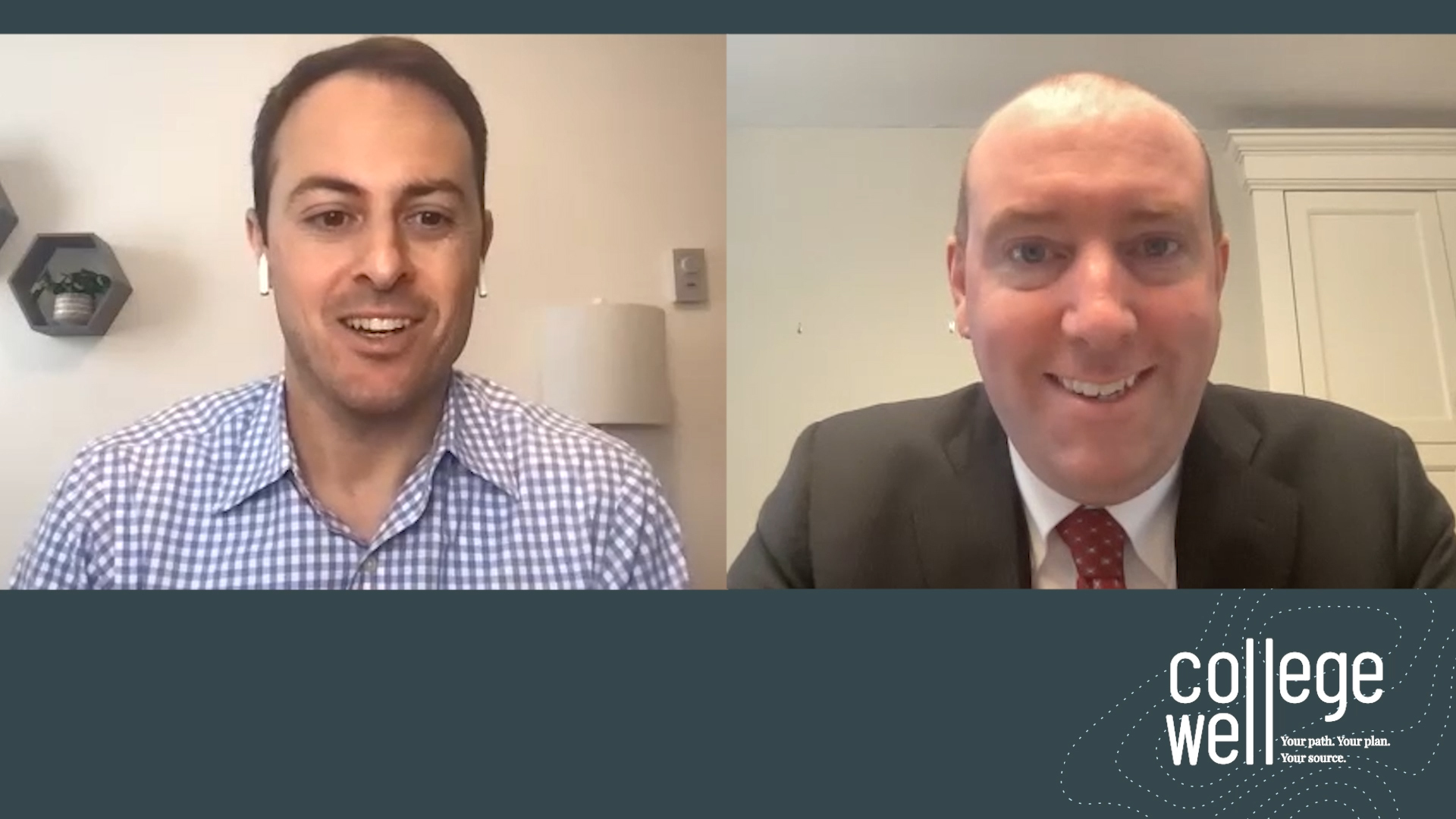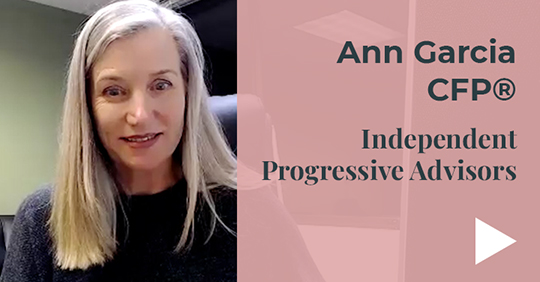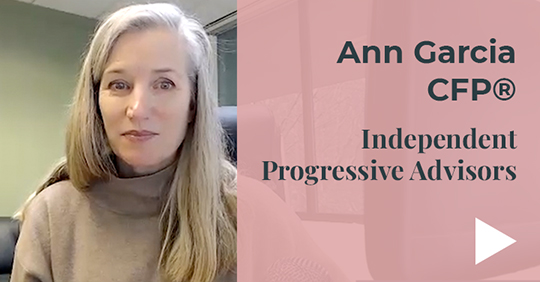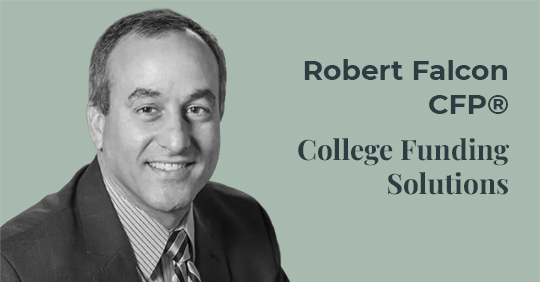Jack O’Keefe, director of counseling and student success at Catholic Memorial, a college preparatory school in Greater Boston, talks college planning for middle school students.

In this conversation, we answer questions like:
What are some of the best ways to learn about the college experience?
“Whether or not your student is talking to you about college at this point, they are thinking about it,” says Jack.
Thanks to television, movies, and other external messaging, students are aware of college. The key is making college feel accessible.
Jack encourages parents to make the early college planning years as natural as possible by:
- Visiting local colleges, even if you’re just walking through campus
- Taking advantage of parent programming offered by the middle school that covers college topics
- Recognizing that the middle school years are a time to remain flexible
What resources are available to students in middle school to help them discover their skills and interests?
“If a kid is passionate about what they do and the thing that they care about, that is going to come through [for college admissions] more than the resume that has 15 things,” says Jack.
“That’s what’s really exciting about those [middle school] years — you get a little bit of a preview of who the kid is going to become.”
To help your student pursue their passions, start to ask questions and be on the lookout for key things:
- What classes interest my kid?
- What do they enjoy doing outside the classroom?
- What types of activities do they enjoy with their peers and friends?
What about younger students?
“I’m a huge fan of camps,” says Jack.
Explore camps hosted by local colleges or spend time walking around a campus. If you have an alma mater, visit your old campus or take advantage of alumni programming — anything to make the college experience feel more natural to you and your student.
How does the middle school schedule impact high school classes?
For many students, it’s a balance between academic interests and taking on a more rigorous course load. Jack suggests starting with core classes, like English, science, math, social studies, and foreign language. If a student is already looking at a specific college major, speak with the school counselor about setting up a path to support that college goal.
What are some trouble areas and common roadblocks students encounter when transitioning from middle school to high school?
“The most common obstacle I see with students freshman year [is] that sense of impostor syndrome — like everyone else has this figured out,” says Jack.
Friend groups change, and many new high school freshmen feel overwhelmed with the transition. Parents should keep a watchful eye on their students while balancing their need for freedom. If a parent thinks the troubles are bigger bumps than normal, they should speak with someone at the school.












